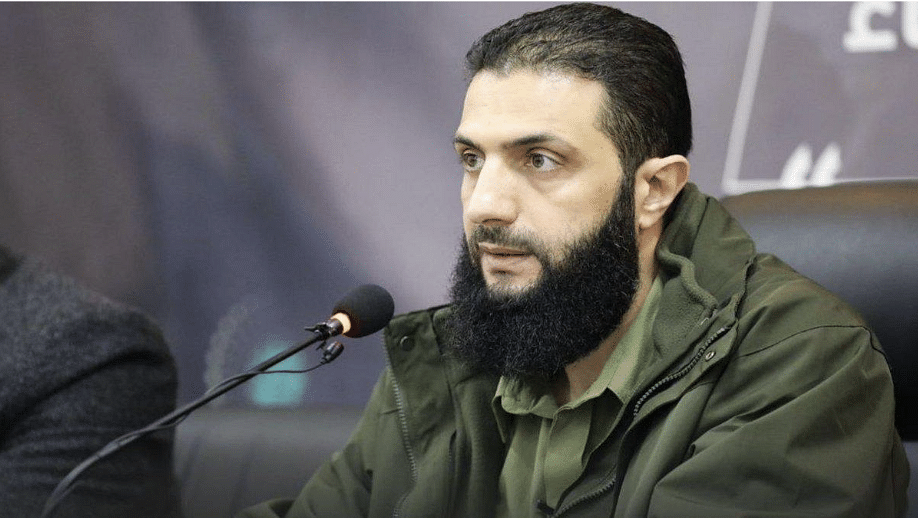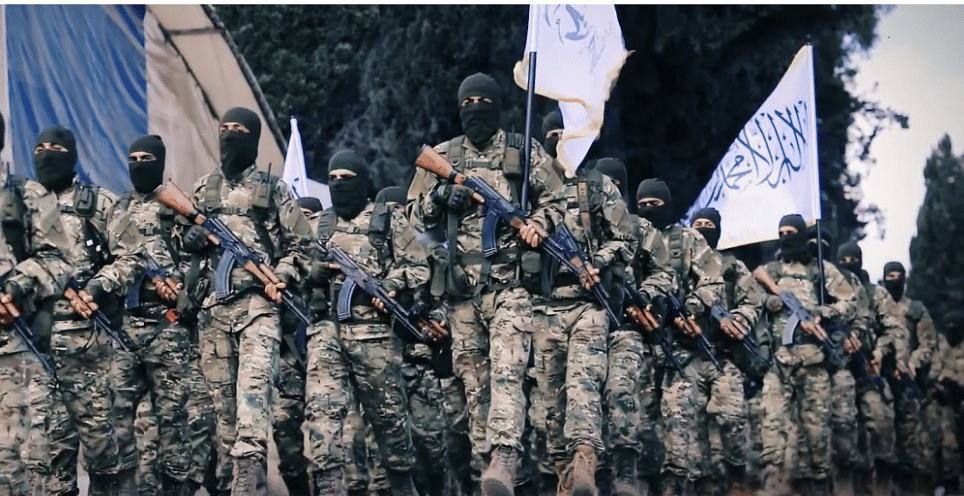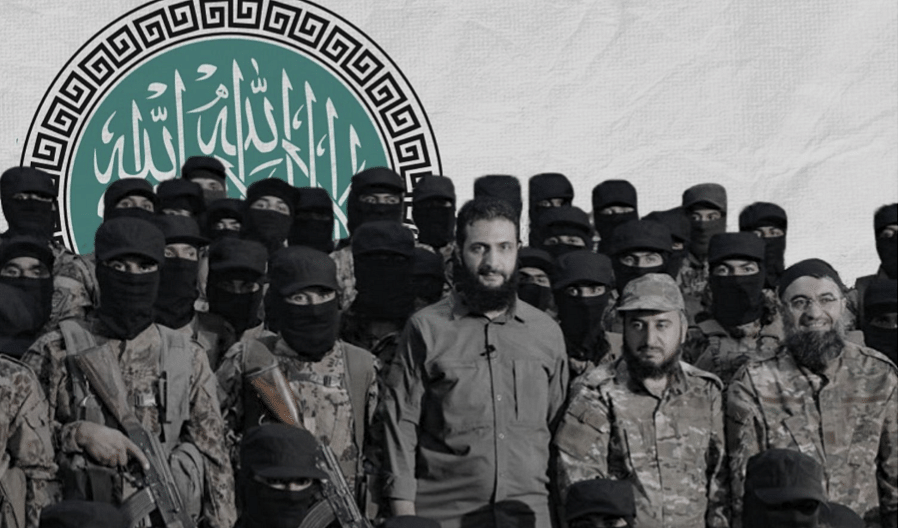Thank you dear subscribers, we are overwhelmed with your response.
Your Turn is a unique section from ThePrint featuring points of view from its subscribers. If you are a subscriber, have a point of view, please send it to us. If not, do subscribe here: https://theprint.in/subscribe/
The Syrian Civil War, a cauldron of political aspirations, religious ideologies, and international meddling, has spawned countless stories of resistance and tragedy. Among its most polarizing figures is Abu Muhammad al-Julani, the leader of Hay’at Tahrir al-Sham (HTS). From his origins as an Al-Qaeda affiliate to his role as a quasi-Governor of Idlib, al-Julani embodies the paradoxes of modern jihadism. His journey reveals a narrative of calculated adaptation, a survival strategy amidst shifting allegiances and unrelenting conflict.
A Childhood in Conflict
Born ‘Ahmad Hussein al-Sharaa’ in Riyadh in 1982 to Syrian parents displaced from the Golan Heights, al-Julani’s early years were shaped by the turbulence of Middle Eastern geopolitics. His family’s return to Syria during Hafez al-Assad’s authoritarian reign exposed him to the insecurities of political marginalization. The trauma of displacement and the simmering tensions of a fractured region laid the groundwork for his worldview. Though details of his early life remain scarce, they suggest a foundation built on resistance and survival.

Rise Through Al-Qaeda
The U.S led invasion of Iraq in 2003 provided al-Julani with an entry point into global jihadism. Joining Al-Qaeda in Iraq under Abu Musab al-Zarqawi, he gained operational expertise and ideological depth. His time in the U.S run Camp Bucca prison connected him to influential jihadist leaders like Abu Bakr al-Baghdadi, later the leader of ISIS. By 2011, as Syria’s uprising unfolded, al-Julani seized the moment to expand the jihadist cause, founding Jabhat al-Nusra. This Al-Qaeda affiliate quickly rose to prominence in the anti-Assad insurgency, but al-Julani’s ideological divergence from Al-Qaeda’s leadership eventually led to a split and the formation of HTS.
Formation of HTS and Governance in Idlib
In 2016, al-Julani announced his break from Al-Qaeda, rebranding his group as HTS (Hay’at Tahrir al-Sham). This transformation marked a strategic pivot away from global jihadist aspirations toward localized governance. Under al-Julani’s leadership, HTS has turned Idlib into a de facto state, issuing identification documents, collecting taxes and maintaining public infrastructure. While its strict Sunni Islamic laws and suppression of dissent have drawn criticism, its ability to provide public services has garnered a measure of local support.
HTS’s governance reflects a complex duality. Its military dominance is offset by administrative pragmatism, presenting it as both a stabilizing force and an authoritarian regime. This contradiction has allowed it to consolidate power while alienating segments of the population. The ongoing humanitarian crisis in Idlib, with its millions of displaced people, remains a critical challenge to HTS’s ability to sustain control and legitimacy.

Global Perception and Rebranding Efforts
Internationally, HTS is widely condemned. The United States designates it as a terrorist organization and has placed a $10 million bounty on al-Julani. Despite this, some analysts recognize HTS’s role in maintaining a tenuous stability in Idlib. Al-Julani’s public appearances in Western-style clothing and his rhetoric about local governance are attempts to reshape his and HTS’s image. These gestures, often dismissed as superficial, reflect a calculated effort to navigate both domestic and international political landscapes.

Al-Julani’s Vision and Challenges Ahead
Al-Julani envisions a Syria governed by Islamic law, yet distinct from ISIS’s global caliphate. His opposition to Iranian influence and overtures to regional powers underscore his pragmatic approach. However, questions remain about the sincerity and viability of his vision. Can he reconcile his jihadist roots with his aspirations for governance? Will the people of Idlib continue to accept his authority, or is it merely a temporary arrangement born of necessity?
Internally, al-Julani must manage dissent within HTS and address the grievances of a population that has borne the brunt of Syria’s relentless conflict. Externally, he faces pressures from Assad’s forces, Russian and Iranian allies, and a skeptical international community. These challenges raise critical questions about whether al-Julani can transition from a militant leader to a legitimate political figure or whether his ambitions will falter under the weight of Syria’s fragmented politics.
Conclusion
From an Al-Qaeda operative to a quasi-governor, Al-Julani’s evolution highlights the complexities of modern jihadism and the paradoxes of leadership in a fractured state. His ability to adapt underscores a rare blend of ideological commitment and political savvy, yet his legacy remains precarious. In a region where alliances shift and power dynamics evolve rapidly, his hold on Idlib is anything but secure.
For now, Idlib stands as a testament to the enduring ambiguities of Syria’s war like, a place where the lines between insurgency, governance, and survival blur. Whether al-Julani emerges as a transformative figure or a cautionary tale depends on his ability to navigate Syria’s unrelenting chaos and the shifting currents of geopolitics.
These pieces are being published as they have been received – they have not been edited/fact-checked by ThePrint



Interesting